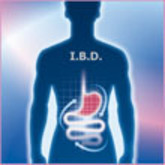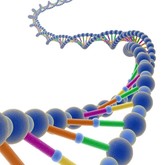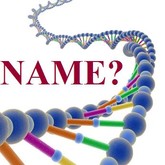Biosimilars/General
32 organizations agree biosimilars should have same names
On 1 July 2014, 32 organizations signed a letter calling on the US Food and Drug Administration (FDA) to require biologicals and biosimilars to have the same International Nonproprietary Name (INN).
ECCO position statement on biosimilars
The European Crohn’s and Colitis Organisation (ECCO) is a non-profit association with the aim of improving the care of patients with inflammatory bowel disease (IBD) in Europe. The association currently includes 2,519 individual experts, 33 country members and 17 corporate members.
Top 8 blockbuster biologicals 2013
The top three best-selling drugs during 2013 were biologicals. All three best-sellers are indicated for the treatment of arthritis, and include Abbott’s Humira (adalimumab), Merck’s Remicade (infliximab) and Roche’s Rituxan/MabThera (rituximab).
Biosimilars applications under review by EMA – April 2014
The European Medicines Agency (EMA) is the body responsible for approval of biosimilars within the European Union (EU). A legal framework for approving biosimilars was established in 2003. Approval of biosimilars is based on an abbreviated registration process, which allows biosimilars manufacturers to provide a reduced package of information compared to originator drugs, provided they can prove ‘similarity’ to the originator or reference drug.
Biosimilars approved in New Zealand
Last update: 2 May 2014
In New Zealand, the regulatory body for the approval of medicines, including biosimilars, is the New Zealand Medicines and Medical Devices Safety Authority (Medsafe).
Biosimilars knowledge gap needs addressing
The European Generic medicines Association (EGA) has called upon national authorities and medical societies to actively engage in reducing the knowledge gap about biosimilars.
Copaxone sees off generics challenge
Teva received a major boost in June 2012, after a US court backed the Israeli firm in a patent dispute concerning its multiple sclerosis blockbuster Copaxone (glatiramer acetate).
GPhA proposes using manufacturer names to distinguish biosimilars
The Generic Pharmaceutical Association (GPhA) has proposed a compromise naming scheme for biosimilars that it hopes will end the dispute over how to assign international non-proprietary names (INNs) to biosimilars in the US.
EU majority says same INNs for biosimilars
According to recently published summary minutes from an October 2013 meeting of the European Commission’s Pharmaceutical Committee, the majority of EU Member States agree that biosimilars should have the same international non-proprietary name (INN) as their reference biological.
Biosimilars developments during 2013
Last update: 12 February 2014
The past year has been a busy one for the biosimilars’ industry. One of the most important milestones during 2013 was the European approval of the first monoclonal antibody biosimilar infliximab [Remsima/Inflectra] made as a collaboration by South Korean biotechnology company Celltrion and US-based generics major Hospira [1]. Celltrion has also gained approval for Remsima in South Korea [2] and Colombia [3], and has also applied for approval in Japan [4]. In fact, in Europe, the European Medicines Agency (EMA) has been busy during 2013 approving five biosimilars [5, 6].












